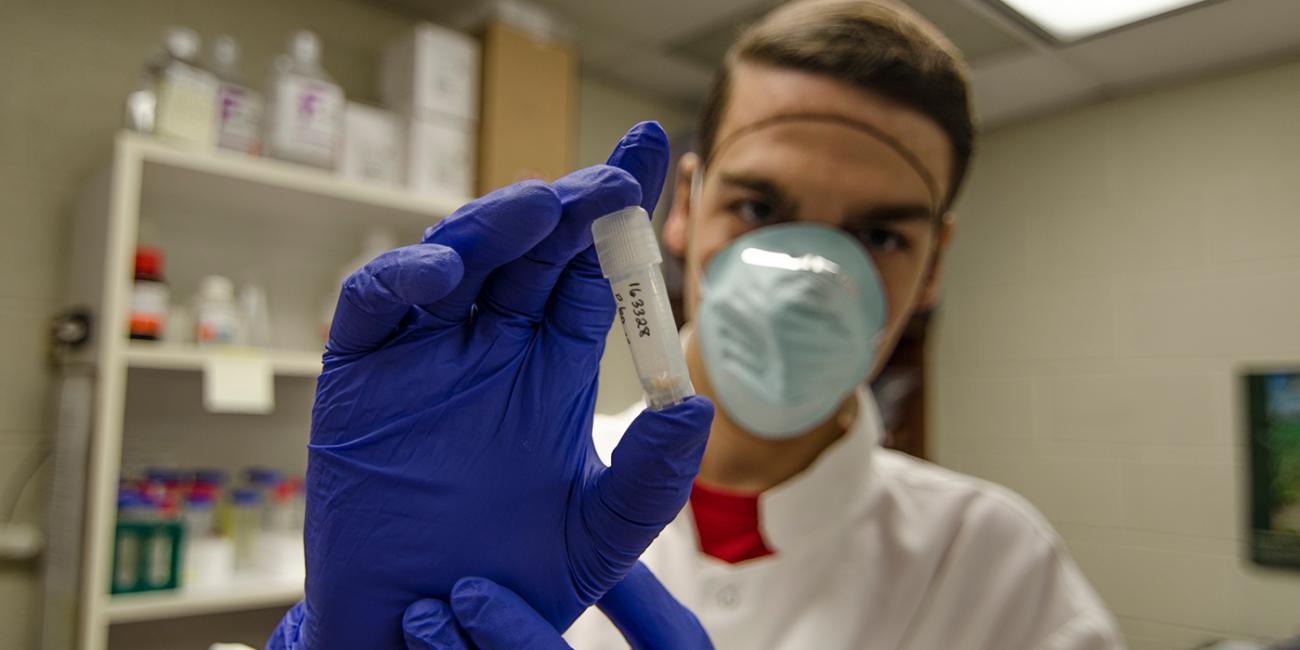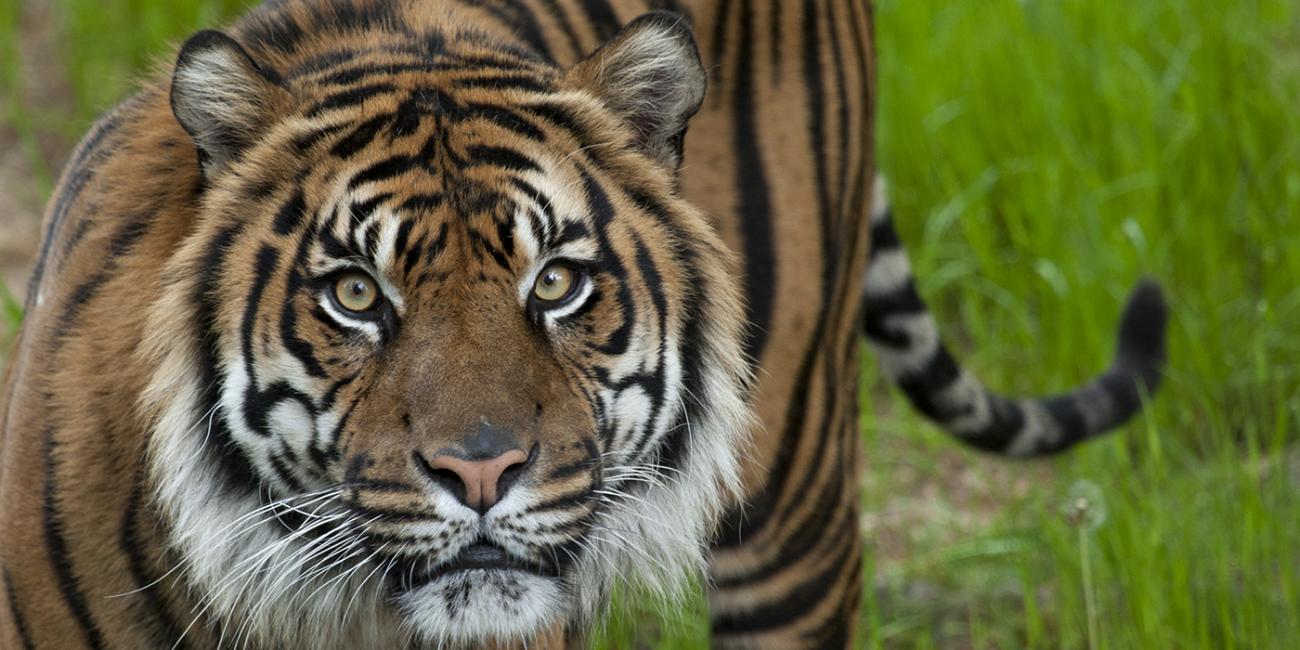Biography
Susette Castañeda is a postdoctoral research fellow at the Smithsonian Conservation Biology Institute's Center for Conservation Genomics and at George Mason University under the program Smithsonian-Mason School of Conservation. Castañeda is an evolutionary biologist, primarily focused on understanding many aspects of the evolutionary history and systematics of mammals, including population genetics, phylogeography, biogeography and phylogenomics, as well as methodology for sequencing DNA from ancient and noninvasive samples.
Her research at CCG is focused on the evolutionary history of the gray fox (Urocyon cinereoargenteus) — the only extant nondomestic canid with a widespread natural range that spans from the southern edge of central and eastern Canada to the northern part of Venezuela and Colombia — using museum specimens and genomics.
Castañeda received her bachelor's degree in biology, master's in environmental biology and doctorate in evolution from the Universidad Nacional Autónoma de México (UNAM), Mexico City. Her dissertations focused on the population genetics of an arboreal rodent (Habromys simulatus) and the phylogeny and diversification of an endemic group of Mexican rodents (Genus Peromyscus).
Prior to this position at the Smithsonian, she was an academic technician at the UNAM. She has taken workshops and internships in the U.S., Spain, Canada, Venezuela and Germany. Castañeda combines field studies, laboratory work and investigations in natural history collections to answer questions about evolution in mammals. But she also hopes that this information helps to set up conservation strategies for the species and their habitats.


